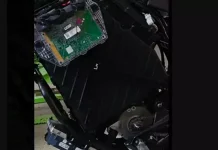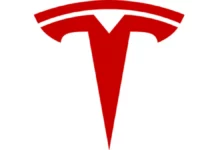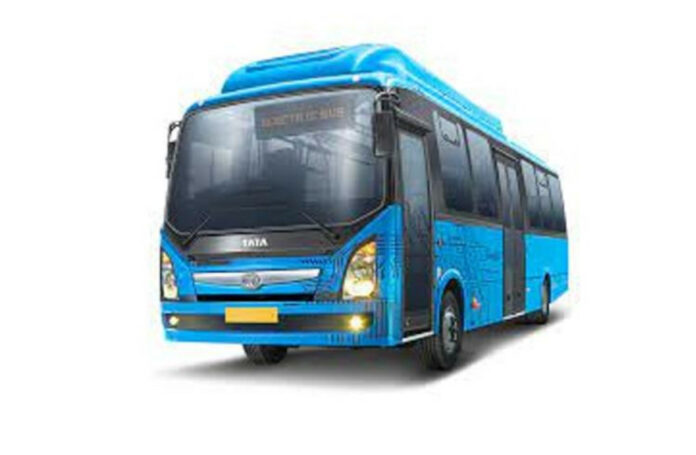Tata Motors Sees Robust Growth in Commercial Vehicle Sales
Mumbai: Tata Motors, a leading automotive company in India, has experienced a notable 24% growth in the wholesale of its medium- and heavy commercial vehicles (MHCV) during the second quarter of the fiscal year 2023.
This leap in sales is attributed to several factors:
- An aggressive infrastructure drive by the Indian government.
- Replacement demand in the market.
- Expansion in the core sectors.
- A sustained increase in the e-commerce sector.
In a strategic move, Tata Motors expanded its manufacturing capacity for electric buses, primarily to address orders from state transport units (STUs) participating in CESL’s Grand Challenge. The company, along with other major players in the market, had been tentative about bidding for government electric bus tenders. The primary concern was the potential financial vulnerability posed by the STUs not meeting their payment commitments.

Mass Markets
To mitigate this concern, the Indian government announced plans for a Rs 3100 crore payment security mechanism (PSM). This measure aims to support the rollout of 20,000 electric buses over the next 12 to 24 months. By introducing this mechanism, the government intends to reassure electric bus OEMs and prepare for the next green mobility wave. This initiative, if successfully executed, will likely propel OEMs into mass markets, especially in Tier 2 and Tier 3 cities where state-operated buses are a vital mode of transportation.
Girish Wagh, the Executive Director of Tata Motors, voiced his optimism about the trajectory of the commercial vehicle (CV) industry. He stated, “The ongoing infrastructure initiatives by the government and rising consumption are promising signs for the CV industry. However, the rural demand, influenced by a below-average monsoon, remains a factor to watch.” He also credited the surge in sales to Tata Motors’ enhanced BS6 phase II product range. These products have gained popularity due to their cost-effectiveness, superior powertrains, and added-value features.
Conclusion
For Q2 of FY24, Tata Motors reported domestic sales of commercial vehicles at 99,178 units, marking a 6% growth from the figures of FY23. Furthermore, the company’s MH&ICV domestic sales for September 2023 stood at 18,577 units, a sharp rise from 14,062 units in September 2022. For Q2 FY24, sales were reported at 45,174 units, up from 38,143 units during Q2 FY23.
Tata Motors has exhibited substantial growth in its commercial vehicle segment, particularly in the medium- and heavy-duty categories. A combination of government initiatives, market demand, core sector growth, and the rise of e-commerce has played a pivotal role in this surge.
The company’s forward-thinking approach, evidenced by its strategic expansion into electric bus manufacturing, positions it well for future growth in a market that is increasingly leaning towards sustainable transportation. With the Indian government’s introduction of a payment security mechanism, the path for electric buses’ proliferation looks even more promising.
As Tier 2 and Tier 3 cities continue to rely heavily on state-operated buses, there’s an evident opportunity for Tata Motors and similar OEMs to solidify their market presence. The optimistic outlook expressed by Tata Motors’ leadership, combined with their recent sales figures, suggests a bright future for the company in the evolving landscape of the Indian automotive industry.





































